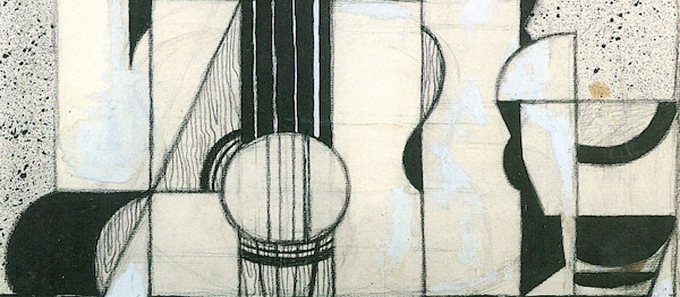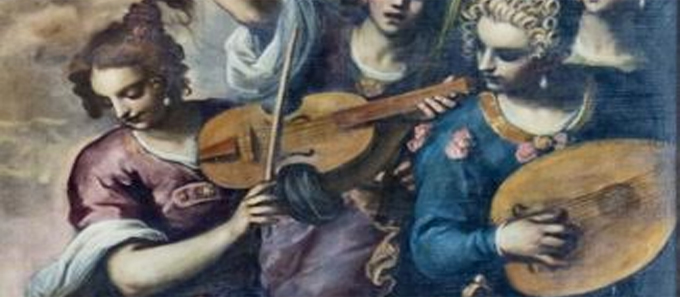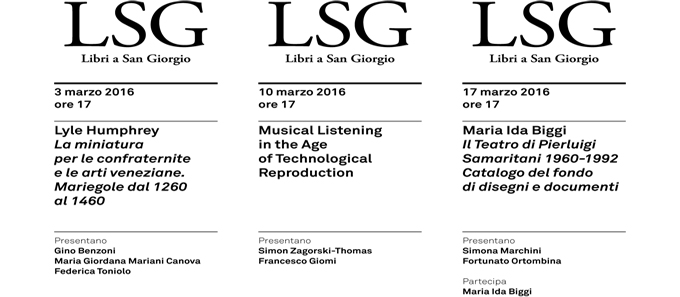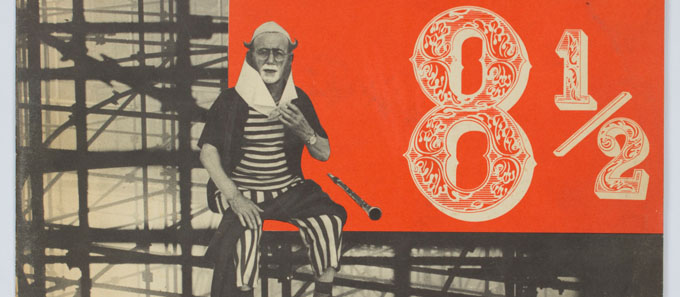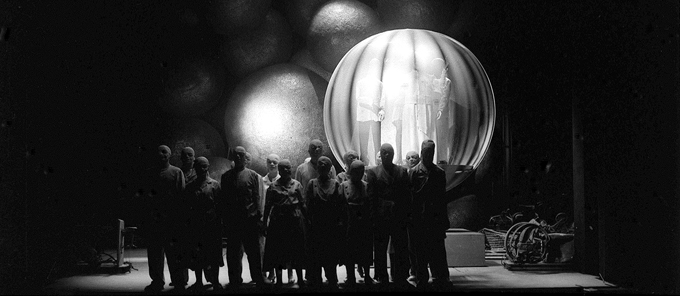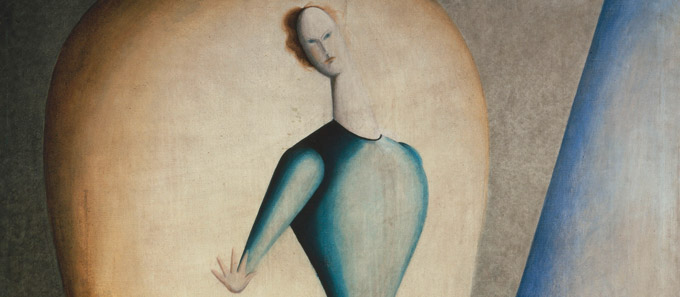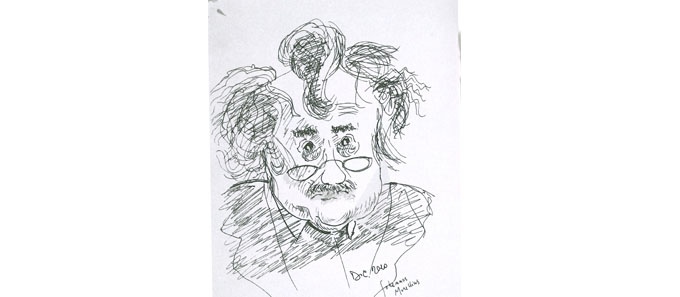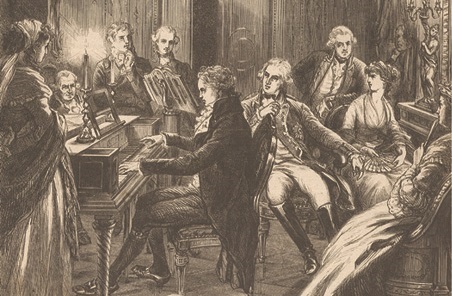An open-access, peer-reviewed journal, curated by the Institute for Music of the Giorgio Cini Foundation. With an interdisciplinary approach, Archival Notes. Source Studies in Twentieth and Twenty-First-Century Music is dedicated to the research of musical sources from the twentieth and twenty-first centuries.
Gianmario Borio, Preface
Paolo Dal Molin, Introduction
Publishing Composers’ Letters
- Denis Herlin, Debussy’s Letters: Recipients, Current Locations, Current Concerns
- Katharina Bleier, Therese Muxeneder, The Correspondence between Arnold Schoenberg and Universal Edition
- Andreas Meyer, The Berg-Schoenberg Correspondence: Background, Archival Conditions, and Editorial Practice
- László Vikárius, Béla Bartók’s Correspondence
- Angela Ida De Benedictis, Some Experiences in Editing ‘the Body of Thoughts’ of Lachenmann, Maderna, Mila and Nono
Glimpses from the Archives
- Werner Grünzweig, Some Thoughts on the Music Archives Held by the Berlin Akademie der Künste
- Pierluigi Ledda, The Correspondence Collection of the Archivio Storico Ricordi: a Key Component of a Future European Network of Archives
- Gabriele Dotto, The Growing Importance of Archives for Performers and Publishers (not just Historians): The Case of the Archivio Storico Ricordi
- Piotr Maculewicz, Letters in the Archives of Polish Composers at the University of Warsaw Library
- Paolo Dal Molin, Accessing Luigi Nono’s Correspondence: a User’s Perspective
- Angela Carone, Francisco Rocca, Correspondences in the Musical Archives of the Fondazione Giorgio Cini
- Alessandra Carlotta Pellegrini, Dear Giacinto: Letters from the Multimedia Archive of the Fondazione Isabella Scelsi
- Nada Bezić, Musicians’ Correspondence in Zagreb: the Case of Blagoje Bersa
Perspectives
- Friedemann Sallis, Regina Landwehr, Musicians’ Correspondence and Interaction Between Archives: Remarks from a Canadian Perspective
Documents and Reports
- Francisco Rocca, Angela Carone, The Composer’s Mailbox: Documents from the Musical Archives of the Fondazione Cini
- Angela Carone, Publications and Activities
